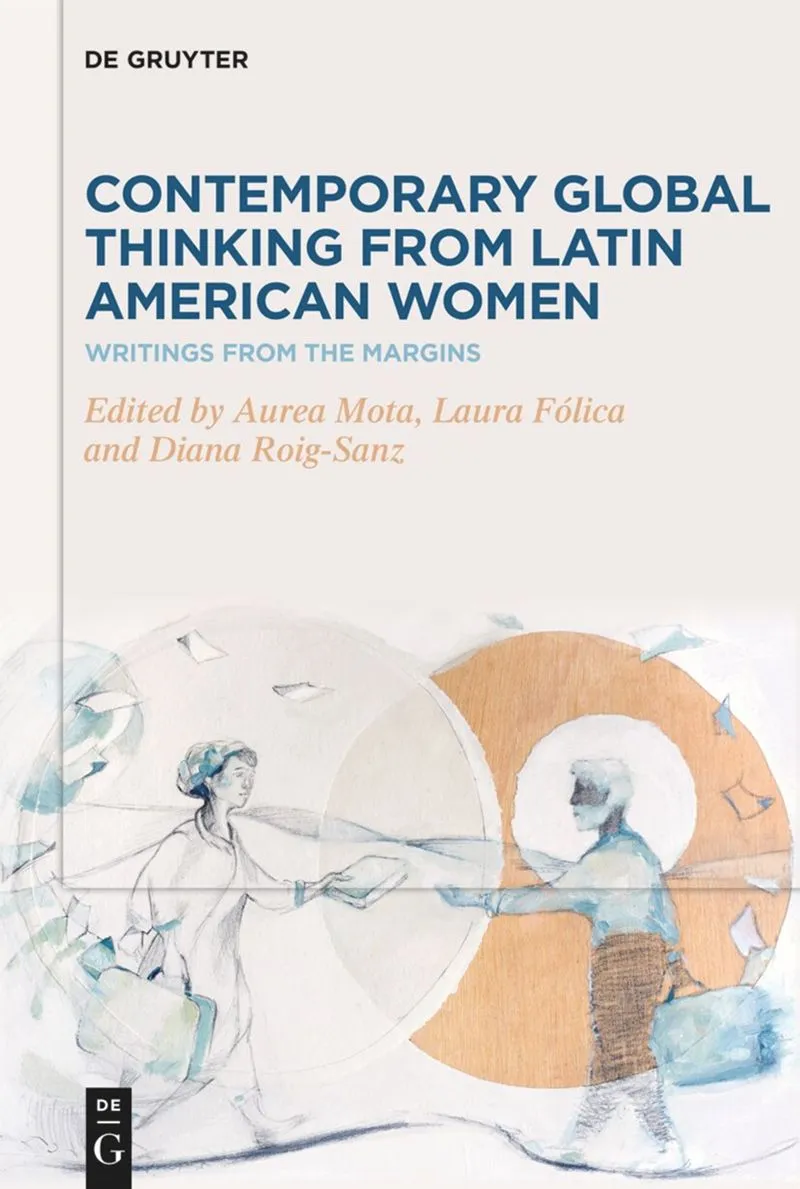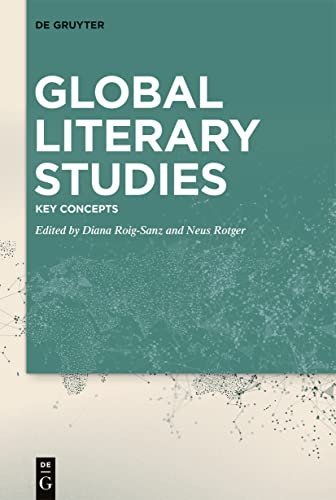beyond borders, between thoughts
Beyond Borders, Between Thoughts. Displaced Thinking aims to transcend conventional limitations, both geographical and mental, and venture into the intellectual territory between various ideas and perspectives. A creative, innovative, and unconventional approach to problem analysis, idea formulation, and understanding the world around us.
LATEST NEWS
Towards a Deep History of Gaia: Displacements, Integration, and Rights Beyond Migration Myths
Cosmopolitismo en América Latina, un Recorrido Histórico Conceptual
First Issue of the Philosophical Booklet Filosofía Transeúnte
Gender Perspective in Research
Metamorfoses da Sociologia: Deslocamento, Mulheres Intelectuais e Conhecimento Global
Chair on Citizenship and Fight Against Corruption
GET TO KNOW MY PUBLICATIONS
Latest publications
What is
Displaced Thinking?
This space arises from the need to share with a broader audience – whether specialized or not – the results of years of experiences and research. The works that you can access through this website all develop an interdisciplinary perspective but share a common analytical starting point in historical sociology.
The research and experiences that gave rise to these now shared comprehensions revolve around two fundamental lines of inquiry. The first examines how human thought is the result of movements and relationships between human and non-human subjects in diverse spaces. Contrary to the prevailing thesis that posits the existence of a ‘centre’ full of creativity and power as where modernity comes from, I seek to demonstrate, on the one hand, that the major intellectual, scientific, and interpretative revolutions of this era are more diverse and dynamic in socio-spatial terms than previously believed. On the other hand, I also illustrate the concrete action of marginalised subjects for the production of the knowledge structure and interpretation of modernity.
The second line of work that I have been pursuing since I was a PhD candidate focus on contemplating socio-political transformations expressed through constitutional changes. I analyse how social pressures for change originating from below have shaped the history of modern constitutionalism. From this standpoint, I also challenge the idea of the imposition of a modern political imaginary that originated in the North onto other parts of the world. Through the discussion of collective rights (20th century) and rights of nature (21st century), I demonstrate how significant socio-environmental processes that unfolded in other parts of the world contributed to shaping the political-constitutional form of the modern state globally.
Needless to say that all the results presented here are the outcome of collective efforts, as is any form of scientific research.



